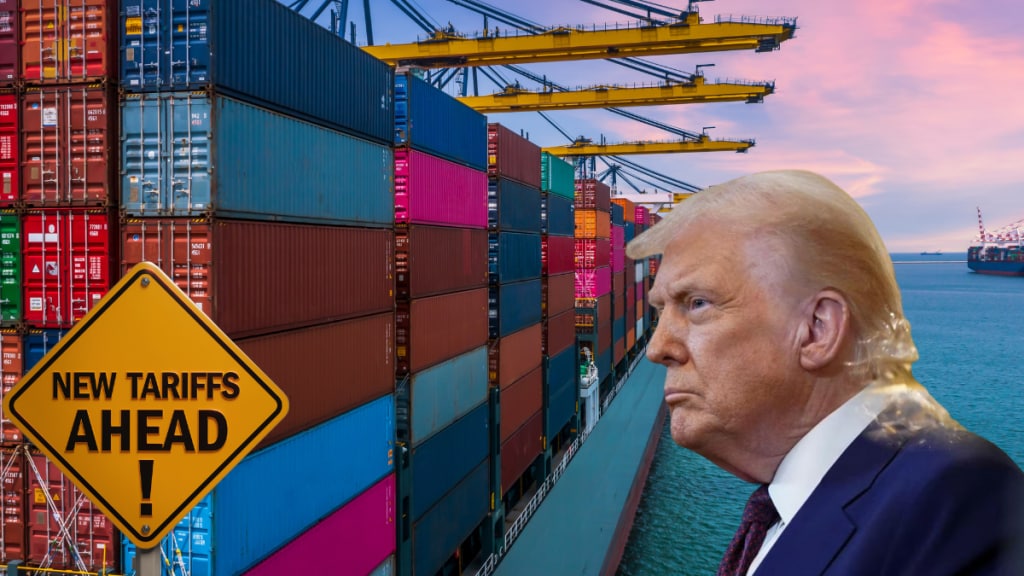The United States will begin implementing a 50% tariff against most Indian imports from Wednesday, with many braced for a sharp decline in orders. US President Donald Trump had announced a 25% levy against New Delhi at the beginning of August — followed days later by an additional 25% tax over its continued purchase of Russian oil. A “notice of implementation” indicated that temporary exemptions would apply for products that followed certain conditions.
According to the Commerce Ministry, around $48.2 billion of India’s merchandise exports (based on 2024 trade value) to the US will be subject to additional tariffs. An official told Reuters on Tuesday that the government “has no hope for any immediate relief or delay”. The unnamed commerce ministry official added that exporters hit by tariffs would receive financial assistance and be encouraged to diversify to alternative markets such as China, Latin America and the Middle East.
Which sectors will be affected?
The draft order published earlier this week said increased levies would affect Indian products that are “entered for consumption, or withdrawn from warehouse for consumption” starting August 27. Sectors such as textiles, clothing, gems and jewellery, shrimp, leather and footwear, animal products, chemicals, and electrical and mechanical machinery are expected to bear the brunt of the high import duties. Pharma, energy products and electronic goods have been exempted from these sweeping tariffs.
India, US hold 2+2 meeting
Senior officials from India and the US discussed bilateral ties in the areas of trade and investment during a virtual session on Monday. The ‘2+2 Intersessional Dialogue’ also included critical minerals, and energy security, including strengthening civil nuclear cooperation as focus areas. The discussions came amid growing strain in bilateral ties over the aggressive policies of the Trump administration. The Ministry of External Affairs later said that both sides looked forward to increasing defence cooperation — including signing a new 10-year framework for the India-US Major Defence partnership — as well as advancing defence industrial, science, and technology cooperation.
Exporters brace for massive losses
Exporter groups estimate that the hikes could affect nearly 55% of India’s $87 billion in merchandise exports to the US. Textile and apparel manufacturers in Tirupur, Noida, and Surat have already halted production amid worsening cost competitiveness due to these steep duties. Meanwhile exporters from Tiruppur in Tamil Nadu may be looking at 1.5 lakh job losses and a Rs 12000 crore revenue hit. The industrial town accounts for nearly 68% all knitwear exports from India and employs around a million people.
(with inputs from agencies)


